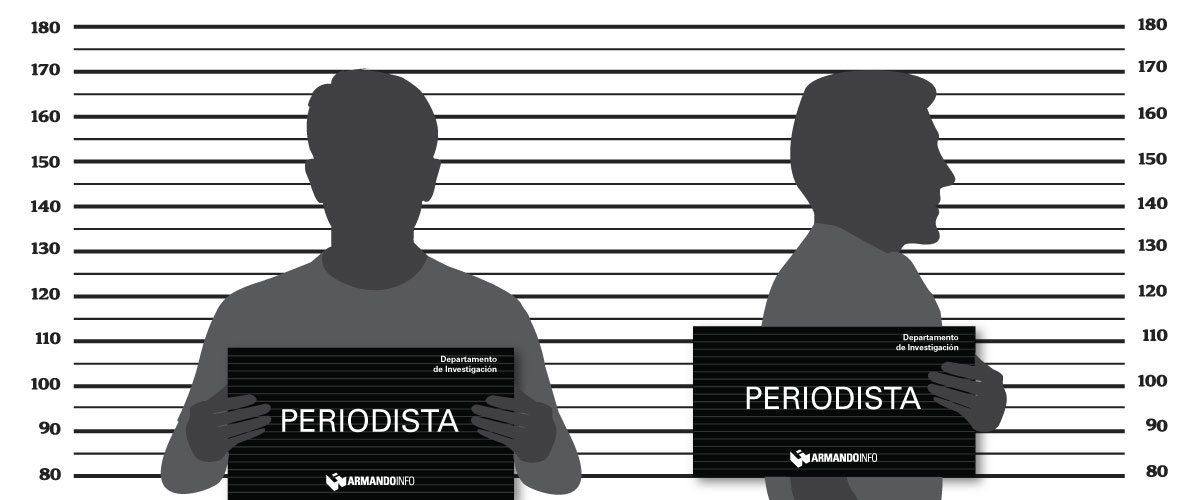
More than 850 Mexican drug traffickers have been extradited to the United States. But then, when the work seems to be done, Mexico realizes that in just a few cases it investigated enough to seize the finances of the mafias. Now a new chapter threatens to sour the binational fight against drug trafficking: the claim the United States has made of the fortunes of the capos.
Disarray and bad practices in the State's institutions often cause many of the seized assets during judicial operations to not only be reinstated to their owners, but -to top it all- they have to be compensated by the treasury. The emblematic case of a light aircraft the Attorney General's Office took for its use, that was later scrapped as junk and in the end caused millions of costs to the State, proves that the confiscations, even if scarce, sometimes even become a lousy business for taxpayers.
Since his first escape from a maximum security prison in 2001, to this date, the authorities have barely seized three jewels, two vehicles, one house, eight ammunition clips, one grenade, 171 munitions and four items, among other goods of lesser value from the mythical chief of the Sinaloa Cartel. After his extradition, the United States is now going after his fortune. But it is not the only case that needs to be amended. Nearly 200 requests for information to the Mexican State reveal that, even if the criminal organizations get beheaded in the War against Drugs, their wealth and financial structures remain almost intact, little of it is confiscated, but even less thereof is publicly known.